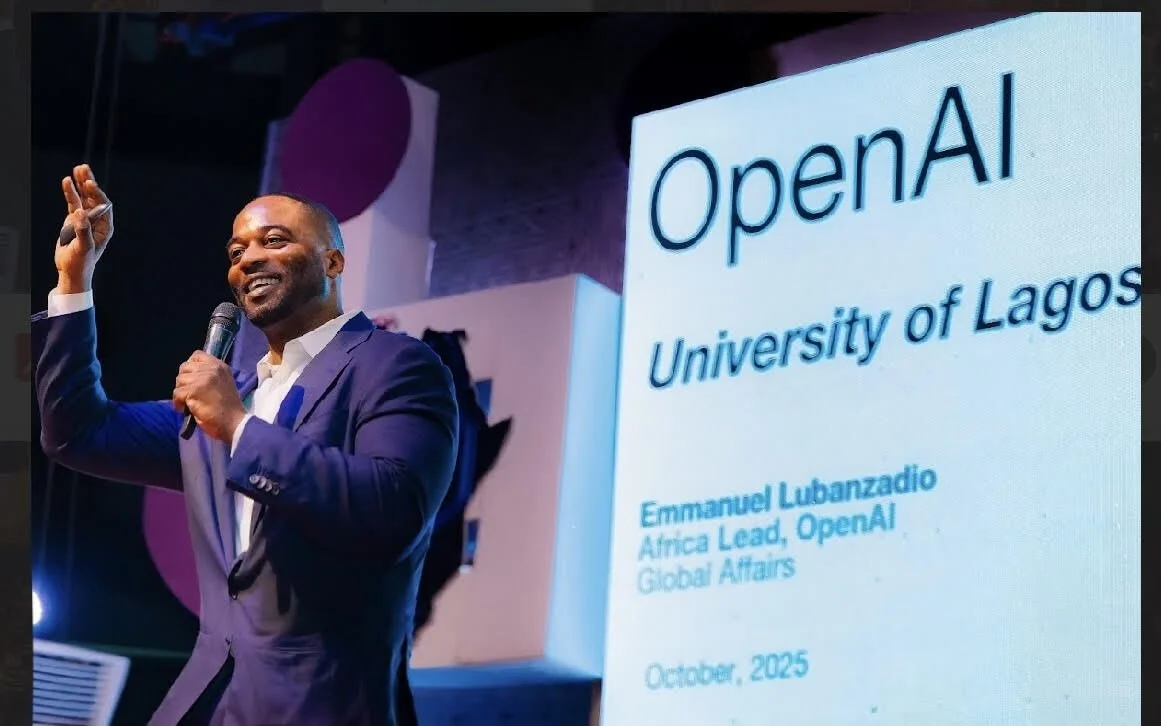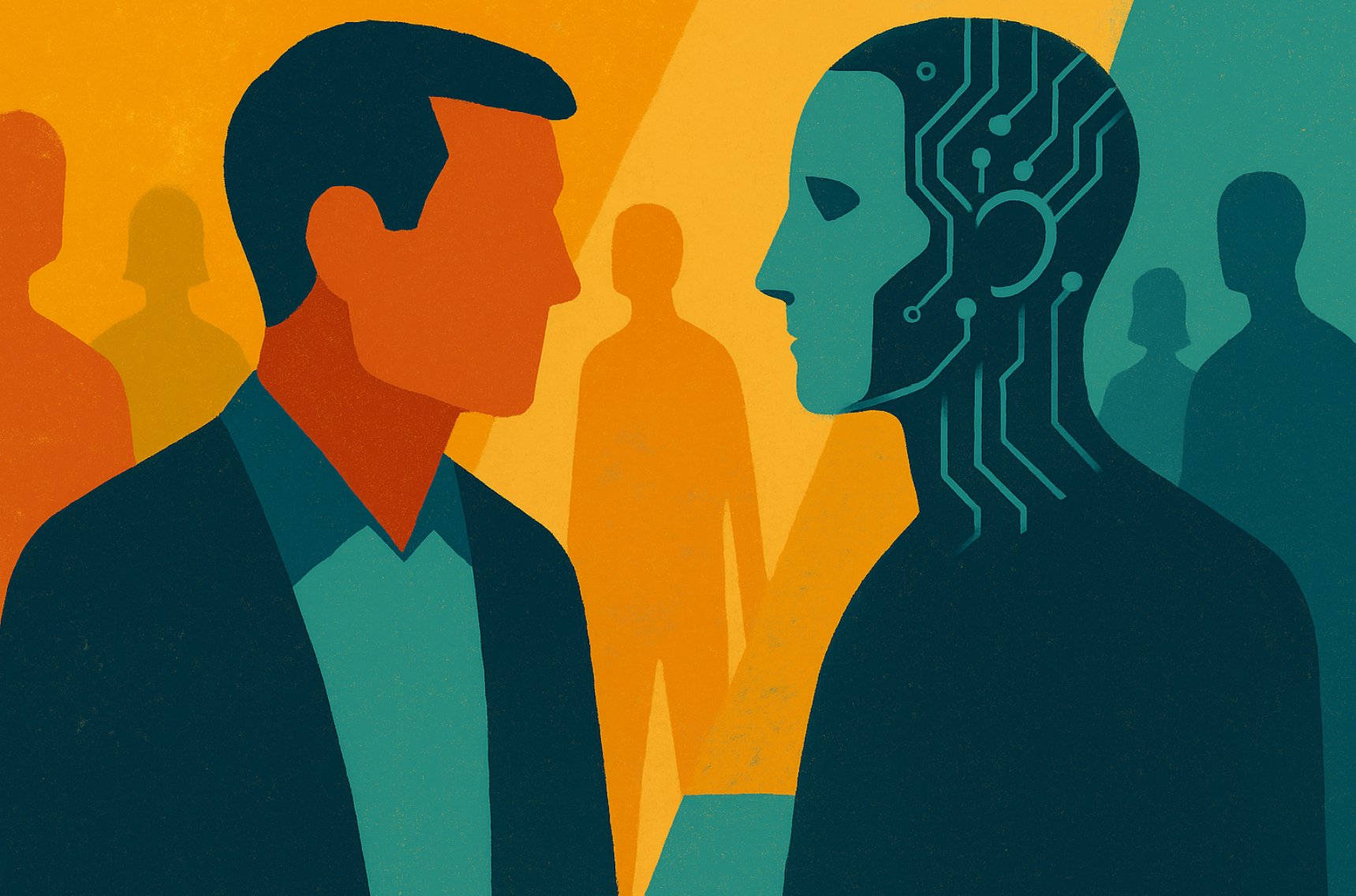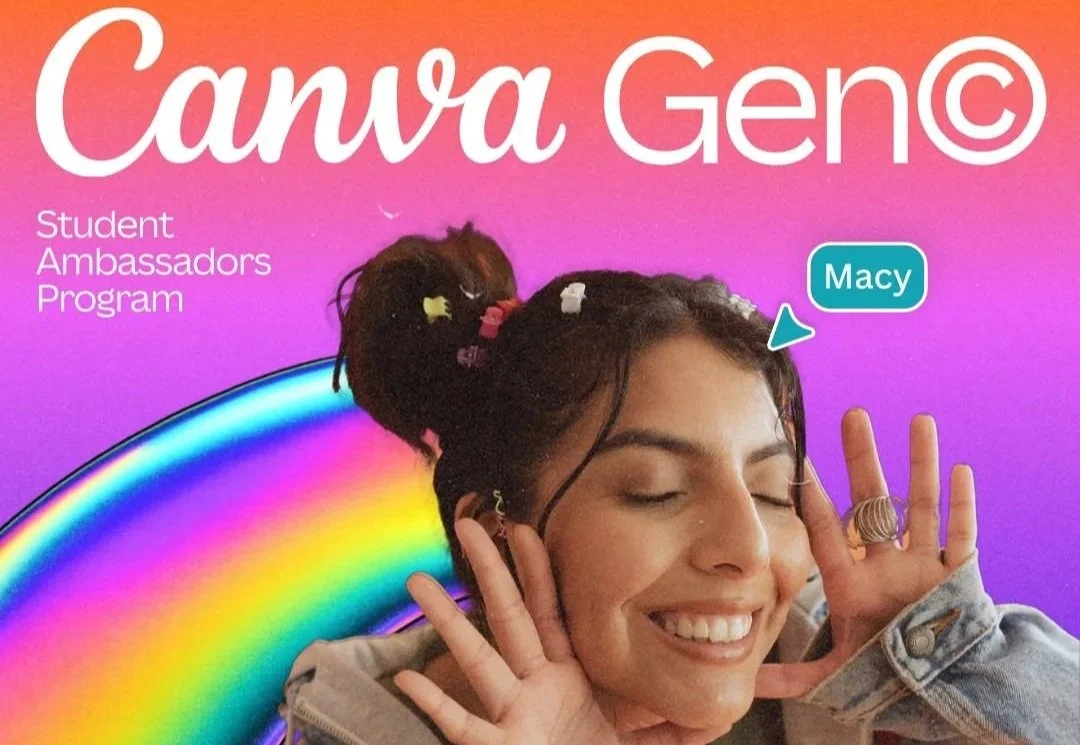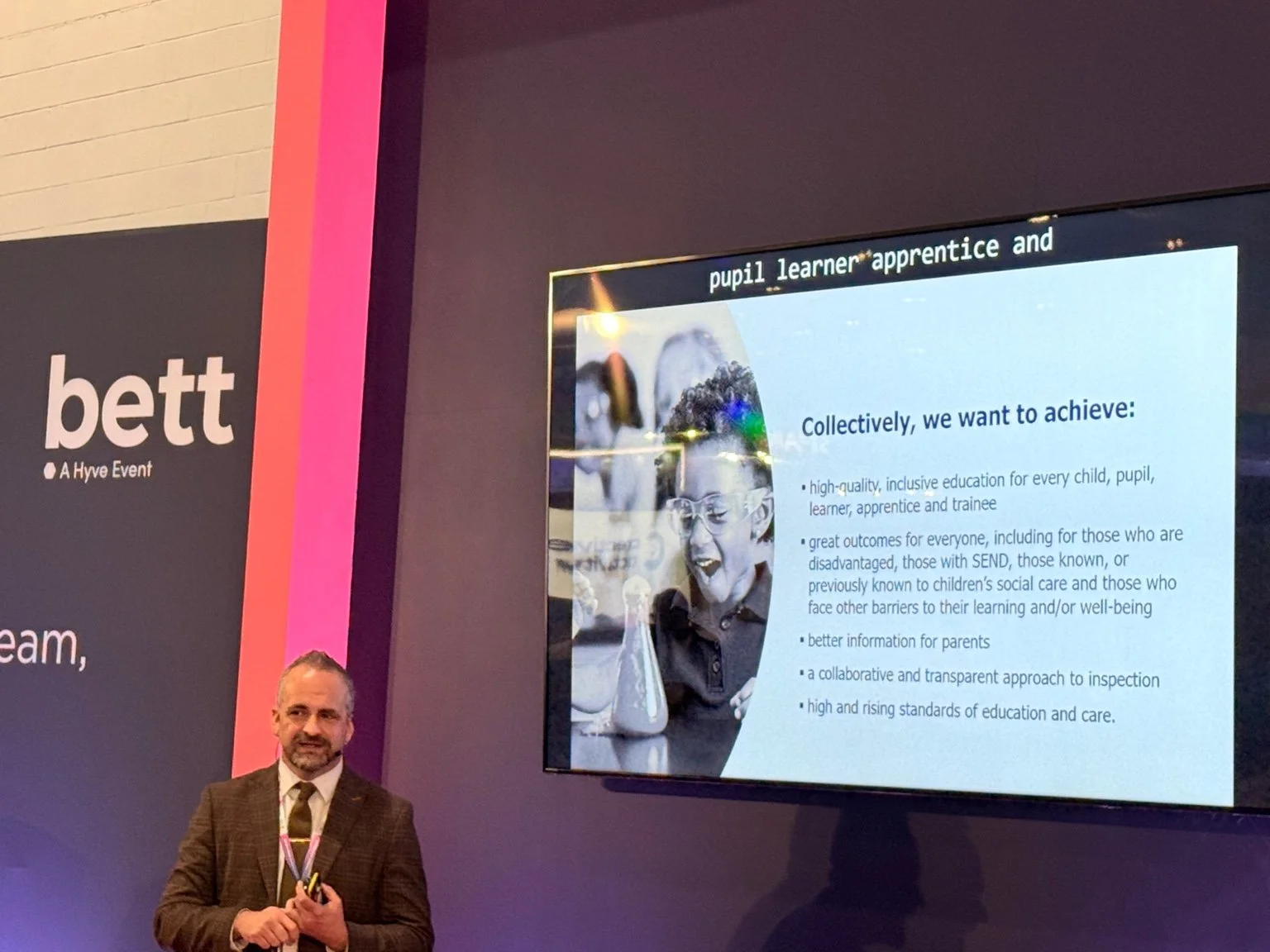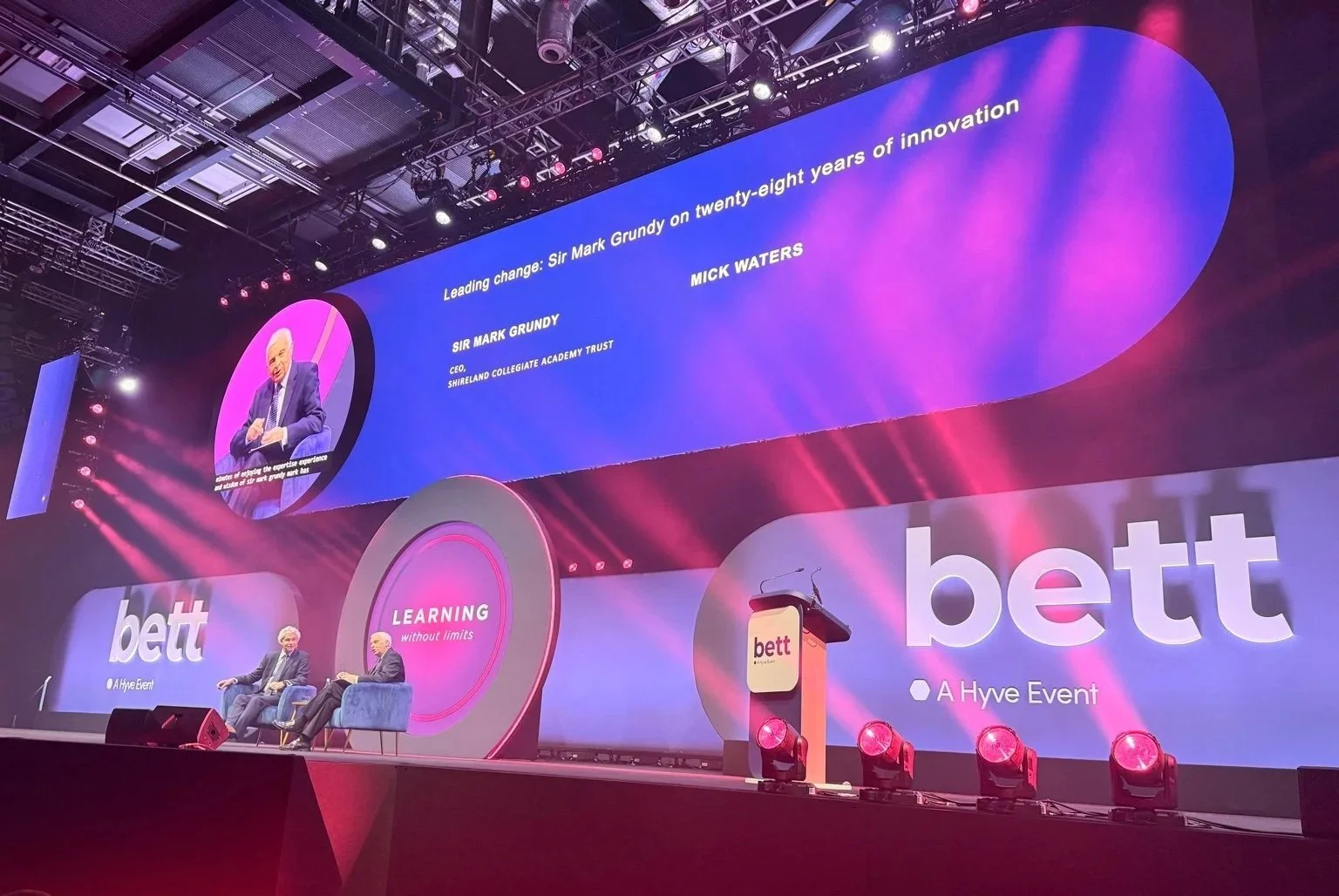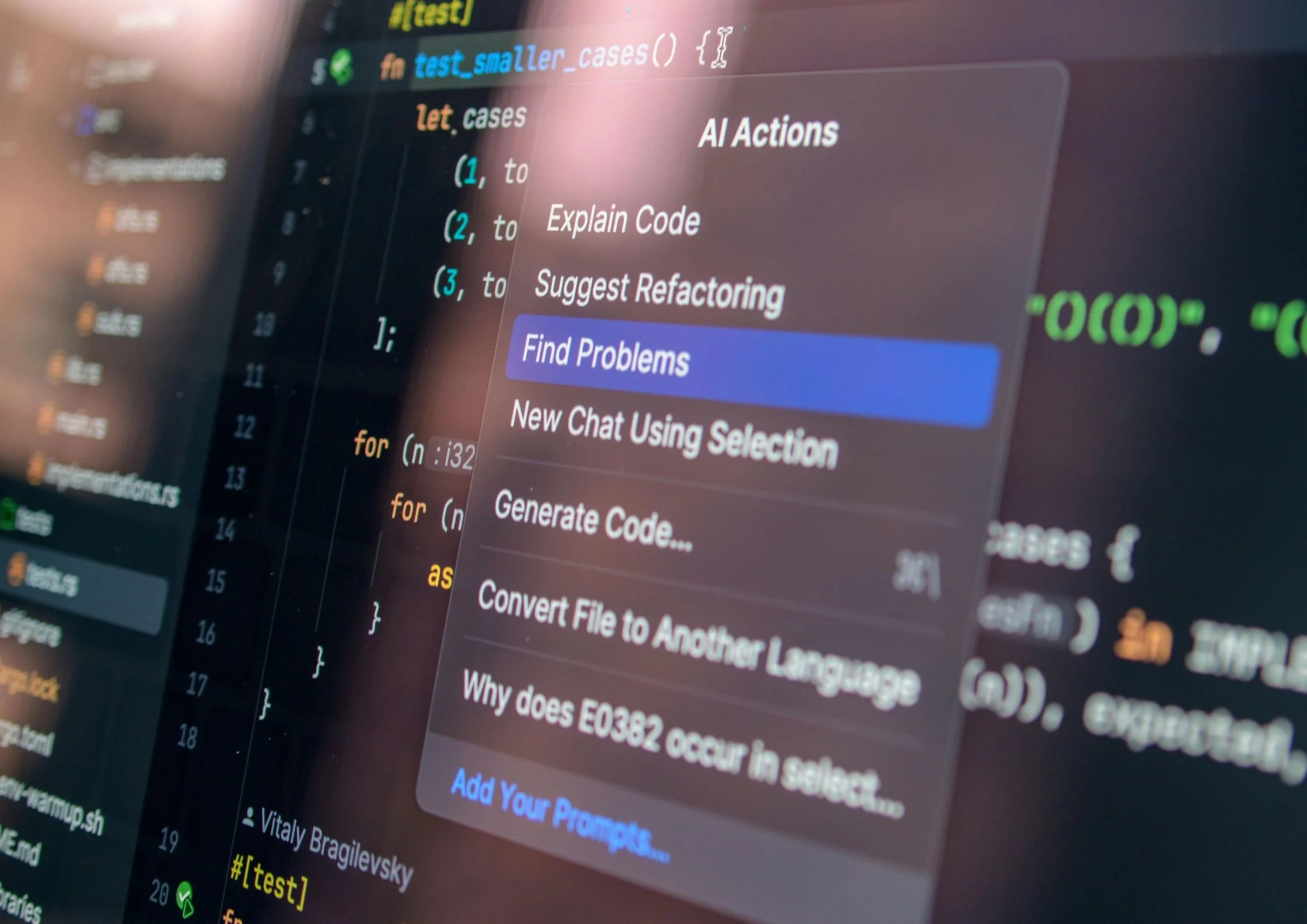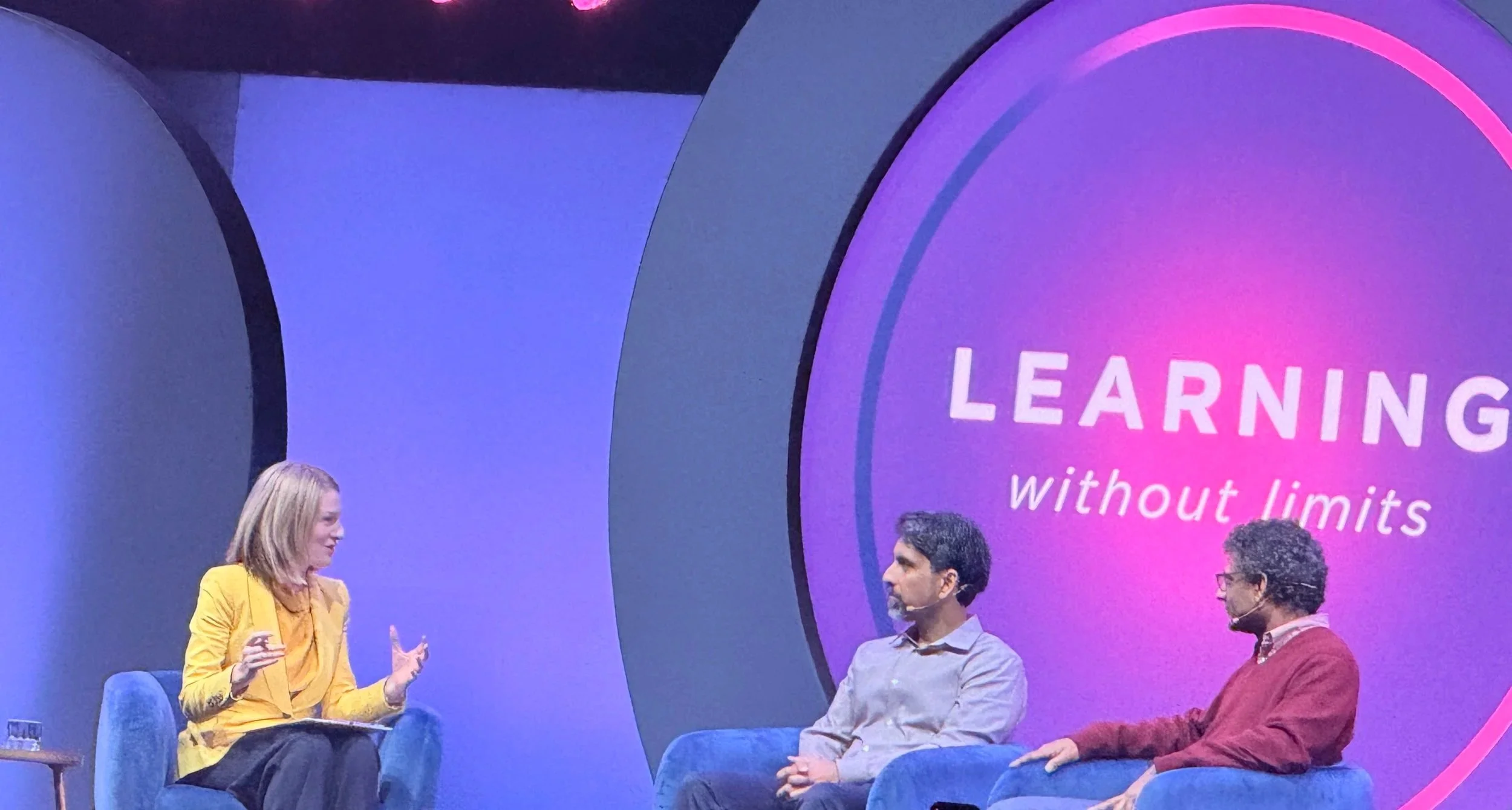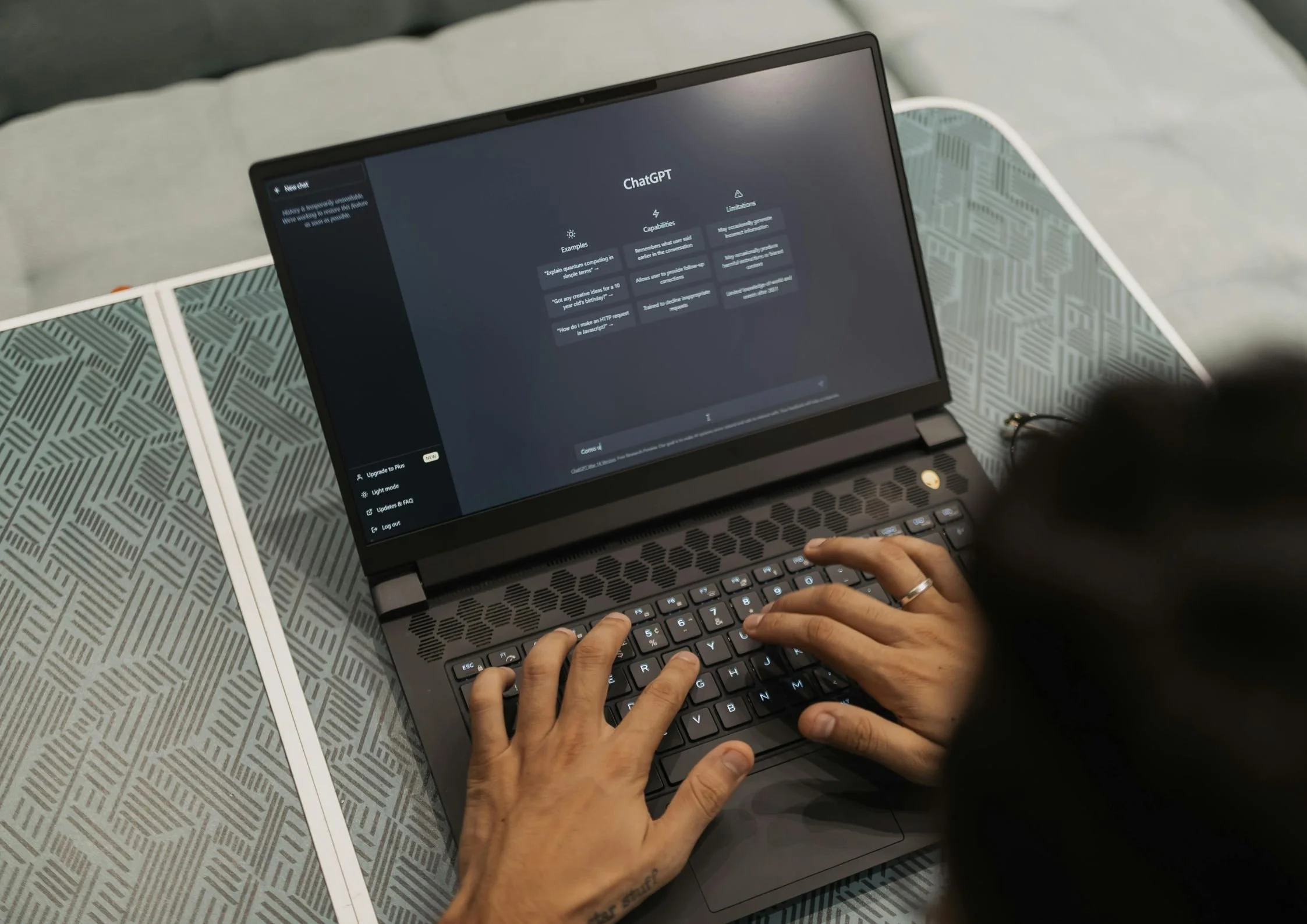ETIH weekly round up: From innovation to impact across the EdTech landscape
EdTech is as busy as ever, with new projects, partnerships, and AI tools sparking plenty of conversation this week. From classroom innovation to workforce skills, there’s a lot to keep an eye on.
Top stories of the week
AI continues to dominate the headlines, with new questions around safety, skills, and strategy.
This week’s round-up includes everything from deepfake warnings and workforce training to Amazon’s latest research hub and OpenAI’s ongoing expansion.
Across the top ten, you’ll find stories on AI risk management, space and STEM partnerships, and how global brands are using technology to shape learning and employability.
Spotlight: Mastercard’s Anouska Ladds on the power of modern payments in education
This week’s spotlight comes from our in-depth interview with Anouska Ladds, Executive Vice President, Commercial & New Payment Flows, Asia Pacific at Mastercard. She talks about how faster, safer, and more transparent payment systems are improving both the student experience and university operations across Asia and beyond.
Ladds explains that tuition payments often remain one of the most stressful parts of international education — with delays, hidden fees, and limited visibility on transfers. Mastercard’s approach, through its Move platform, aims to remove these hurdles by enabling quicker transactions, full transparency, and stronger fraud protection.
For students, that means instant enrollment confirmation and less financial anxiety. For institutions, it means faster reconciliation, better data, and a reputation for being modern and student-focused.
Around the world: AI and education events shaping the conversation
The past week has seen a wave of global AI and education gatherings — from Lagos to Boston to São Paulo — each adding a new layer to the conversation about access, innovation, and inclusion.
In Lagos, Emmanuel Lubanzadio, Africa Lead at OpenAI, partnered with Professor Babatunde Sawyerr and Professor Ismail Ibraheem at the University of Lagos to host the first OpenAI Academy in Africa. The event focused on “Equitable Partnerships and the Future of AI in Africa,” coinciding with the university’s International Week. Alex Nawar, who leads OpenAI Academy, shared that the program is designed to expand education and collaboration opportunities across the continent.
Across the Atlantic in San Francisco, OpenAI also held its inaugural Higher Education Forum, where Doreen Mayrell, Ed.D., Curriculum Designer and Academic AI Prompt Engineer, presented her AI-powered flipped classroom model for College Algebra. Tim Mousel, Department Chair and Professor at Lone Star College, joined discussions with Kevin Weil, Vice President of AI for Science at OpenAI, and other educators exploring how AI can humanize and improve higher education.
Meanwhile, in Boston, Kaitlin Dumont, Higher Education Strategist and Founder of the Future of Higher Ed (FOHE) Boston community, hosted the city’s first AI in Education Summit. Supported by Duet, the event featured Michael Larsson, Khaleel Shreet, Ed.D., and Peter Shea leading sessions on AI adoption, assessment, and literacy. The summit gathered a record number of faculty, reflecting growing momentum around applied AI in teaching.
And further south in São Paulo, OpenAI hosted its first DevDay Exchange outside the United States, cementing Brazil’s status as a rising AI hub. Nicolas Robinson Andrade, Head of Policy and Partnerships Brazil at OpenAI, shared new data showing Brazil’s surge in developer engagement. The event also featured Tatiana Oliveira (CEO, AI Brasil), Tiago Baeta (iMasters), and Fabio Mori (OpenAI) on a panel titled “AI to Transform Brazil.”
Together, these events point to a widening global dialogue — one focused less on hype and more on collaboration, equity, and practical classroom change.
When the tools take over: a reminder of AI’s double edge
We write often about the promise of AI, its ability to speed up learning, expand access, and open new opportunities. But this week, Rick Morales, a former Radio Creative Editor at Apple Music, shared a story that cuts the other way.
After nine years at Apple, Morales says he and half his team were laid off after training an AI system that ultimately replaced their roles. What started as a “productivity tool” to automate repetitive tasks evolved into a full-scale replacement within months.
His post struck a chord across the tech and education communities, echoing a truth that many sectors are now grappling with: the same systems designed to assist us can quietly learn to replace us. Morales’s reflection — “We proved AI works, just not in the way we hoped” — lands as both a warning and a reminder to approach adoption with eyes open.
Stay connected
Make sure you’re signed up to our newsletter to get the latest EdTech news, interviews, and insights delivered straight to your inbox.
Don’t miss updates on AI in education, global initiatives, and the stories shaping the future of learning.




